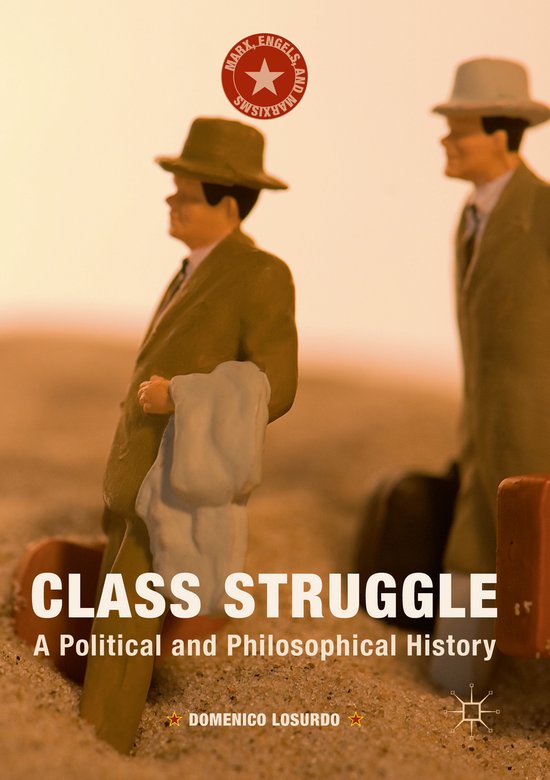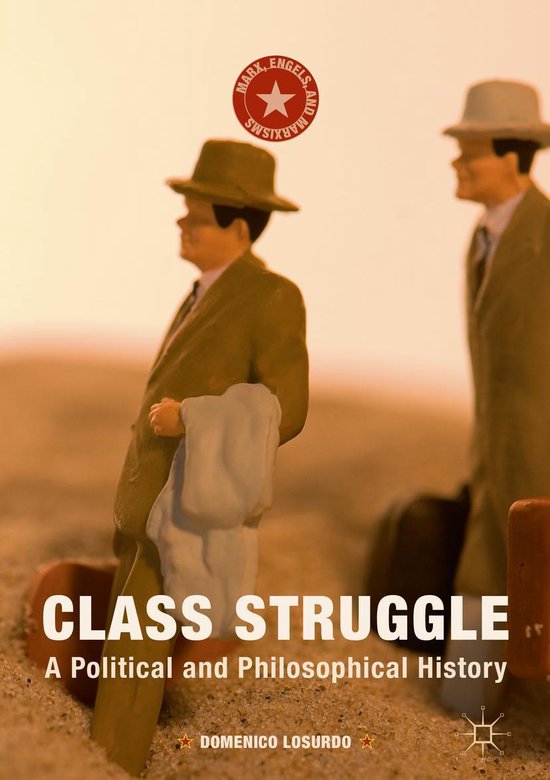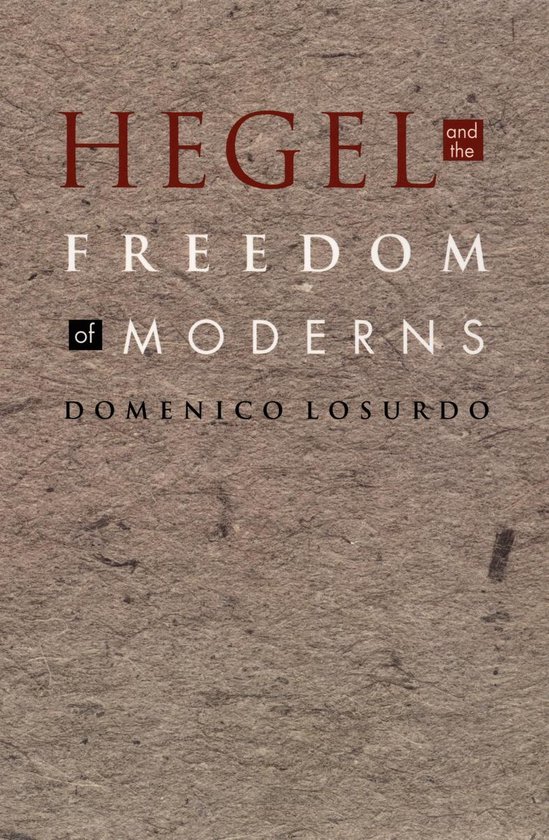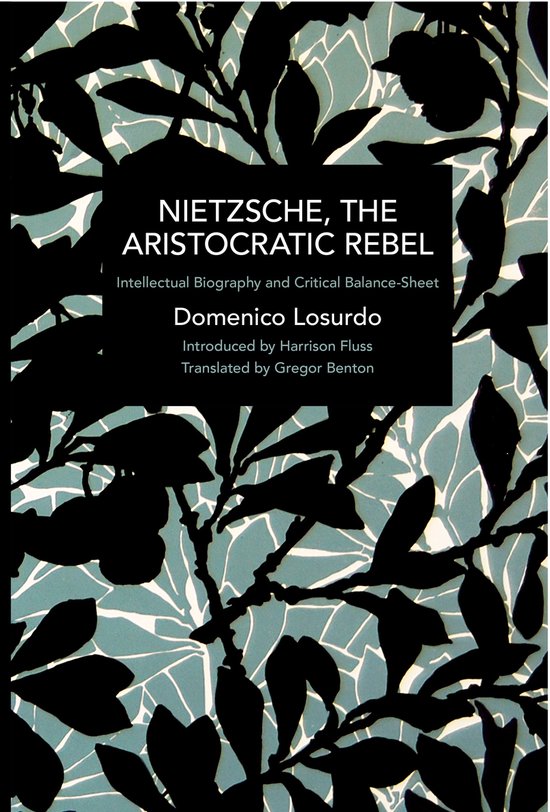
Class Struggle
Available for the first time in English, this book examines and reinterprets class struggle within Marx and Engels’ thought. As Losurdo argues, class struggle is often misunderstood as exclusively the struggle of the poor against the rich, of the humble against the powerful.
Available for the first time in English, this book examines and reinterprets class struggle within Marx and Engels’ thought. As Losurdo argues, class struggle is often misunderstood as exclusively the struggle of the poor against the rich, of the humble against the powerful. It is an interpretation that is dear to populism, one that supposes a binary logic that closes its eyes to complexity and inclines towards the celebration of poverty as a place of moral excellence. This book, however, shows the theory of class struggle is a general theory of social conflict. Each time, the most adverse social conflicts are intertwined in different ways. A historical situation always emerges with specific and unique characteristics that necessitate serious examination, free of schematic and biased analysis. Only if it breaks away from populism can Marxism develop the ability to interpret and change the world.
Available for the first time in English, this book examines and reinterprets class struggle within Marx and Engels’ thought. As Losurdo argues, class struggle is often misunderstood as exclusively the struggle of the poor against the rich, of the humble against the powerful. It is an interpretation that is dear to populism, one that supposes a binary logic that closes its eyes to complexity and inclines towards the celebration of poverty as a place of moral excellence. This book, however, shows the theory of class struggle is a general theory of social conflict. Each time, the most adverse social conflicts are intertwined in different ways. A historical situation always emerges with specific and unique characteristics that necessitate serious examination, free of schematic and biased analysis. Only if it breaks away from populism can Marxism develop the ability to interpret and change the world.
Available for the first time in English, this book examines and reinterprets class struggle within Marx and Engels’ thought. As Losurdo argues, class struggle is often misunderstood as exclusively the struggle of the poor against the rich, of the humble against the powerful. It is an interpretation that is dear to populism, one that supposes a binary logic that closes its eyes to complexity and inclines towards the celebration of poverty as a place of moral excellence. This book, however, shows the theory of class struggle is a general theory of social conflict. Each time, the most adverse social conflicts are intertwined in different ways. A historical situation always emerges with specific and unique characteristics that necessitate serious examination, free of schematic and biased analysis. Only if it breaks away from populism can Marxism develop the ability to interpret and change the world.
Available for the first time in English, this book examines and reinterprets class struggle within Marx and Engels’ thought. As Losurdo argues, class struggle is often misunderstood as exclusively the struggle of the poor against the rich, of the humble against the powerful. It is an interpretation that is dear to populism, one that supposes a binary logic that closes its eyes to complexity and inclines towards the celebration of poverty as a place of moral excellence. This book, however, shows the theory of class struggle is a general theory of social conflict. Each time, the most adverse social conflicts are intertwined in different ways. A historical situation always emerges with specific and unique characteristics that necessitate serious examination, free of schematic and biased analysis. Only if it breaks away from populism can Marxism develop the ability to interpret and change the world.
| Auteur | | Domenico Losurdo |
| Taal | | Engels |
| Type | | Paperback |
| Categorie | | Mens & Maatschappij |


